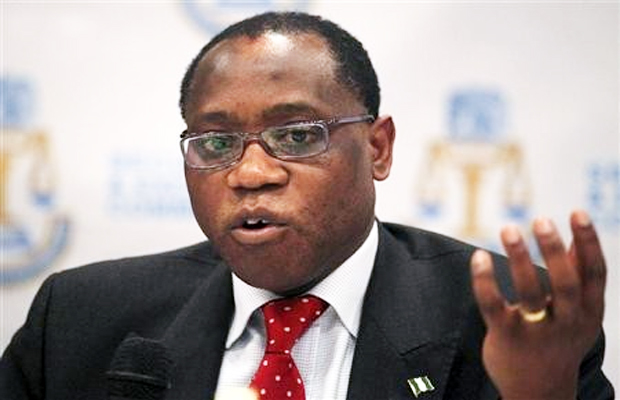The Minister of Industry, Trade and Investment, Olusegun Aganga, on Tuesday said Micro, Small and Medium Enterprises represented 97 per cent of businesses in Nigeria.
Aganga, at the opening of a two-day D8 SME Governmental Bodies meeting in Abuja, also said that MSMEs accounted for 75 per cent of current national employment figure.
D8 is an inter-governmental organisation of eight developing countries.
The members are Nigeria, Egypt, Bangladesh, Indonesia, Malaysia, Pakistan, Turkey and Iran.
Aganga said: “Of the 17.2 million MSMEs in Nigeria that employ over 32 million people and contribute about 46.54 per cent to the Gross Domestic Product, over 17 million are micro-enterprises.
“Thus, growth in this sector is directly correlated with growth in the economy as a whole and in the level of employment throughout Nigeria.”
According to him, challenges confronting Nigeria is how to ensure that strong macro-economic performances will translate to improvements in the living standard of citizens and growth of MSMEs sub-sector.
“It is my belief that the quickest and most effective way to impact the average Nigerian and for Nigeria to achieve the desired economic breakthrough is to devote time, attention and resources to grow MSMEs sub-sector,” he said.
Aganga disclosed that the National MSMEs Collaborative survey conducted in 2010 revealed that the major critical inhibiting factors for MSMEs optimal performance were access to finance and access to markets.
Others, he said, were lack of adequate infrastructure, lack of adequate skills and lack of business development services and entrepreneurship training.
He said that SMEs had developed the National Enterprise Development Programme, which was a new strategic and revolutionary way of delivering enterprise development in Nigeria.
“Its primary goal is to revitalize the MSMEs sector and create jobs, create wealth and alleviate poverty in Nigeria,” he said.
Aganga assured participants that Nigeria would continue to support the group towards achieving not only the objectives of the meeting but the overall objectives of D8.
Earlier, Alhaji Bature Masari, the Director-General of the Small and Medium Enterprises Development Agency of Nigeria, said that serious impacts had been created in the areas of finance and banking.
Masari said that other area where impact had also been created included rural development, agriculture, energy, environment and health, within the D8 countries, adding that the results were borne out of cooperation.
He said that based on Nigeria`s commitment to D8, SMEDAN participated actively at its first meeting in Iran in 2010 and the second in Turkey in 2011.
He said: “Nigeria hosted the third and the fourth meetings in 2012 and 2013, respectively.
“This year, SMEDAN by virtue of D8 countries calendar is hosting the meeting again.”
Muhammad Zakkariya, Director 1 of D8, who represented D8 Secretary General, Seyed Mousavi, said that SMEs played a vital role in D8 nations.
Zakkariya said: “It contributes about 45 per cent of the industrial output, 40 per cent of exports, around 100 million in employment and creating one million jobs every year.
“Moreover, SMEs also produce more than 10,000 quality products for the D8 community and also for the international markets.”


